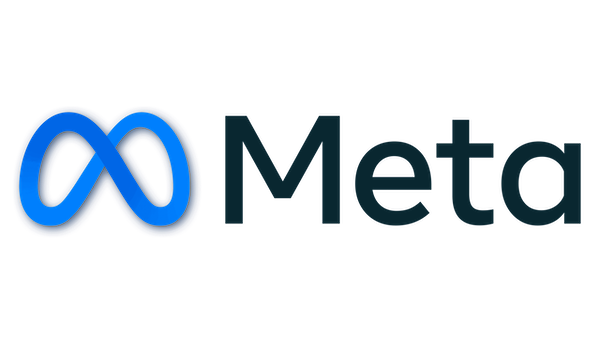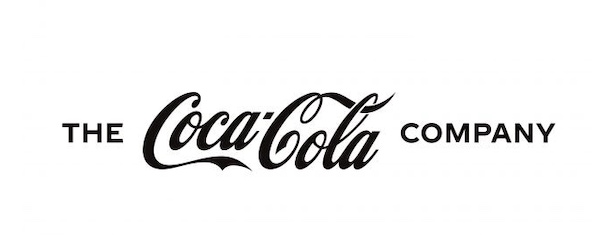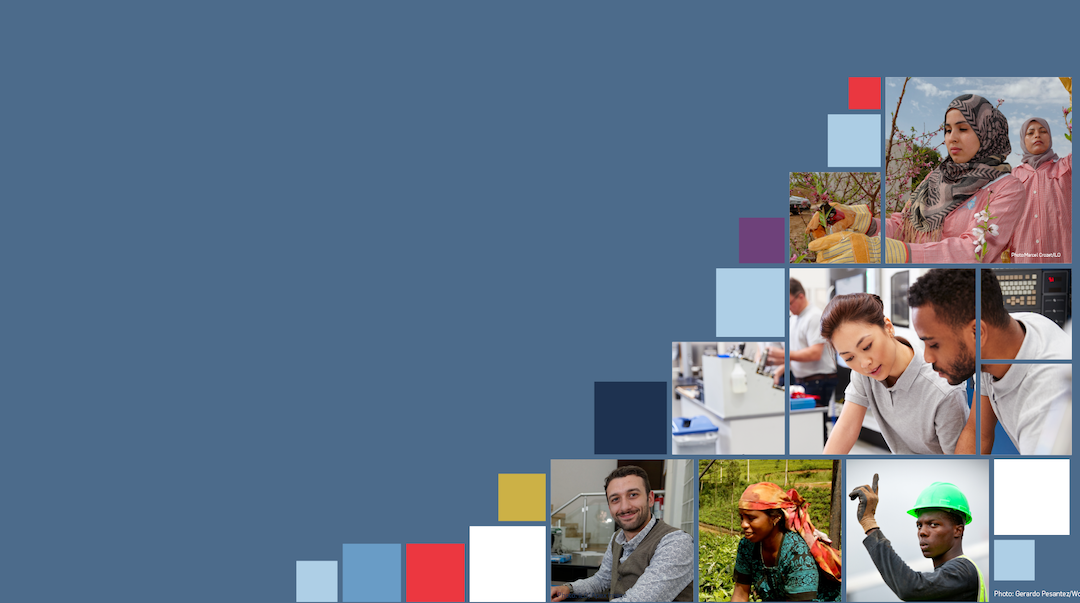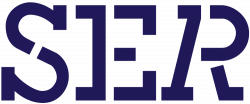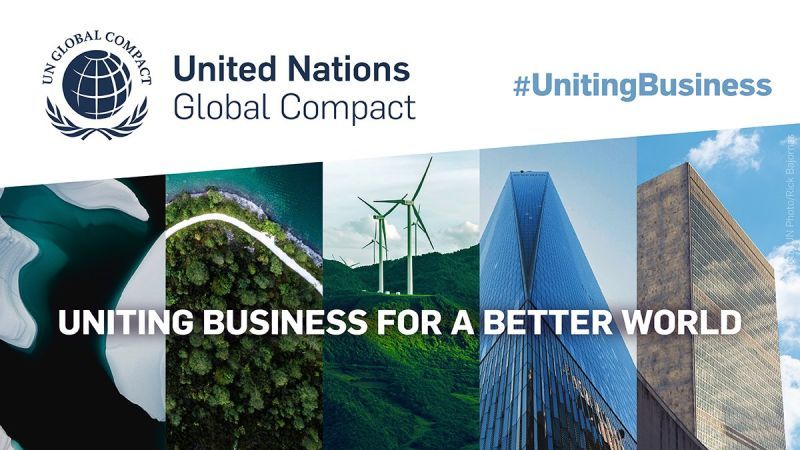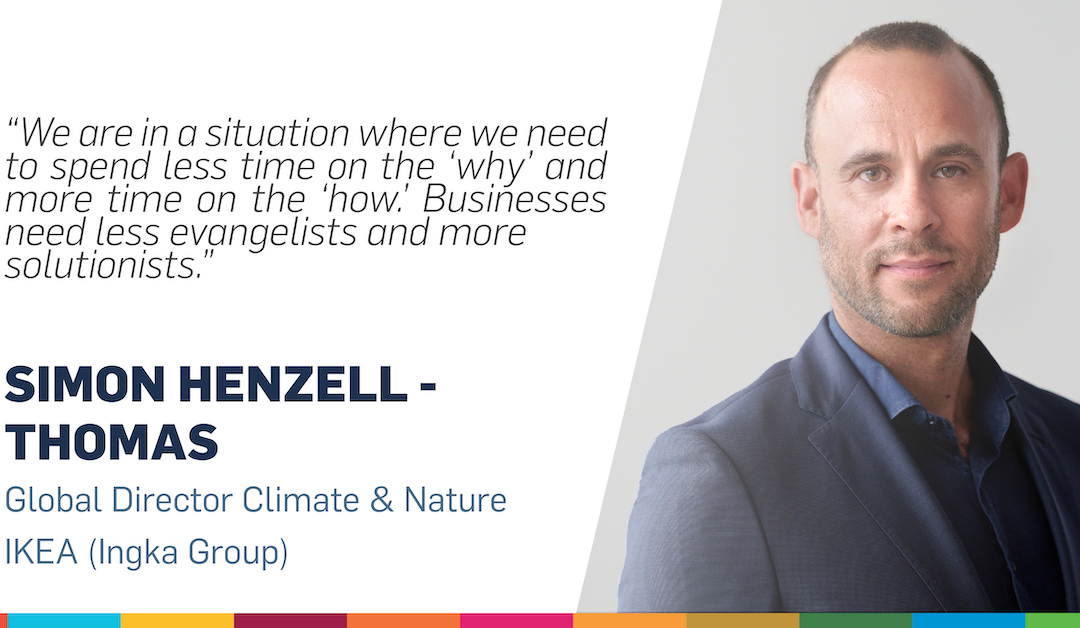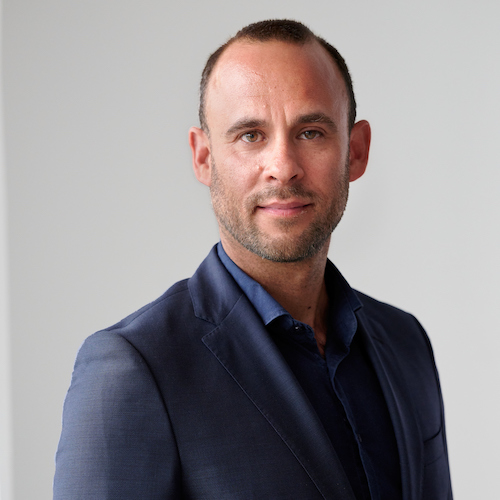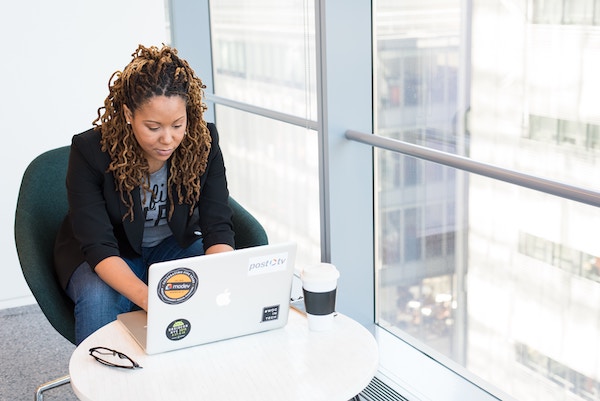
Recruiting & Retaining Women Employees
Recruiting & Retaining Women Employees
From de-biasing adverts, to advocating for more affordable daycare
This year, UN Global Compact Network Netherlands is piloting two peer learning groups, one on Gender Equality and one on Climate Action. The goal is for the participating companies to learn more about these important topics, to dig into the challenges that they are facing, and to exchange best practices that can help overcome these challenges. This blog captures our companies’ peer learning journey.
Our fourth gender equality session was hosted by co-lead AkzoNobel and focused on hiring and retaining women employees. Participants joined from 13 organizations across diverse industries. It was our first online session, packed with content and best practices – we have the screenshots to prove it!
How can companies attract more women?
Many companies in the Netherlands want to hire more women to diversify their talent, but struggle, especially in male-dominated industries and for senior-management roles.
We were joined by experts Najat Saidi and Amy Cheung from Diversity Recruitment and Nikola Dimov, Global Head of Talent Acquisition from AkzoNobel, to discuss best practices to promote more women applicants, inclusive selection processes, and retention. Below are a few key takeaways.
De-biase job adverts
Companies can attract more women applicants by de-biasing language in job adverts in a few ways:
Decode your text
Above is an image from katmatfield.com, a free gender decoder that highlights more masculine or feminine words.
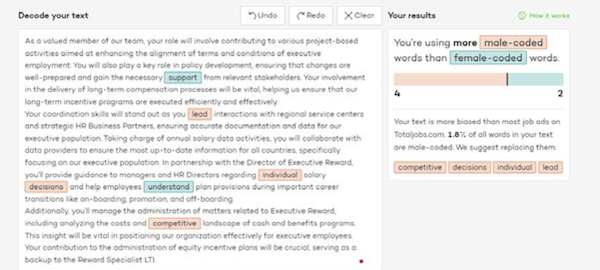
Interestingly, Diversity Recruitment finds that men respond to both female and male descriptions, whereas women respond mostly to female descriptions. So, if your company aims to recruit more women employees, it’s worth using more feminine-coded language.
Describe behaviour instead of traits
Some traits resonate more with men than women, so wherever possible, use verbs rather than adjectives. For example: “You are results-oriented”, becomes “You set well-defined and achievable goals, both short-term and long-term that serve as a roadmap for their efforts.”
Minimise the requirements list & focus on transferable skills
Many companies look for a jack of all trades – someone who can do everything the job asks and more. To broaden the pool of applicants, it’s important companies only mention the essential job requirements, and are open to the complementary and transferable skills that a candidate brings.
AkzoNobel shared many other initiatives that they use to encourage female applications, such as: providing women employees coaching and support, creating development plans with them, enabling women candidates to connect with more senior women employees, and if an internal vacancy only attracts male applicants, opening up the vacancy externally.
Focusing on the other side, Arcadis shared that they always include at least one man and woman in interview panels to diversify their selection team. For more guidance on inclusive recruitment and selection, check out the Social and Economic Council (SER)’s guidance in Dutch here.
How can companies retain women employees?
When our participants were asked what currently makes them stay in their jobs, the most common responses were their organisation’s ‘opportunities for growth’ and ‘workplace culture’.
A global 2022 study by Deloitte echoes this. A lack of positive work-life balance and a lack of learning developments are respectively the second and third most important reasons for women to consider leaving their job. The number one reason? “Lack of flexibility for working times.”
Multiple participants indicated that their company’s policies around (complete) remote working and working from abroad (for a maximum of two weeks) have indeed helped increase employees’ overall job satisfaction and retention. While some of these policies were informal, participants agreed that formalizing them could help increase organizations’ accountability to keep this flexibility.
Additionally, participants were encouraged to connect with their government or public affairs teams to see how their company can work with the Dutch government to ensure daycare becomes more affordable for their employees, making it easier to work more hours if they wish.
Below you can find more reasons provided by Diversity Recruitment that have been found to support the retention of women employees in the Netherlands:

So many opportunities, so little time!
As you can tell, there are many ways for companies to hire and retain more women employees. Companies should closely monitor which initiatives are working and adjust as needed, because as Nikola explained, no one size fits all, but many are bound to fit. Our participants closed the session feeling excited, energized, inspired, and ready to ‘go, go, go’!
The next session will be on November 7 on the topic of Inclusive Marketing & Communications, co-hosted by Deloitte and Oxycom.




